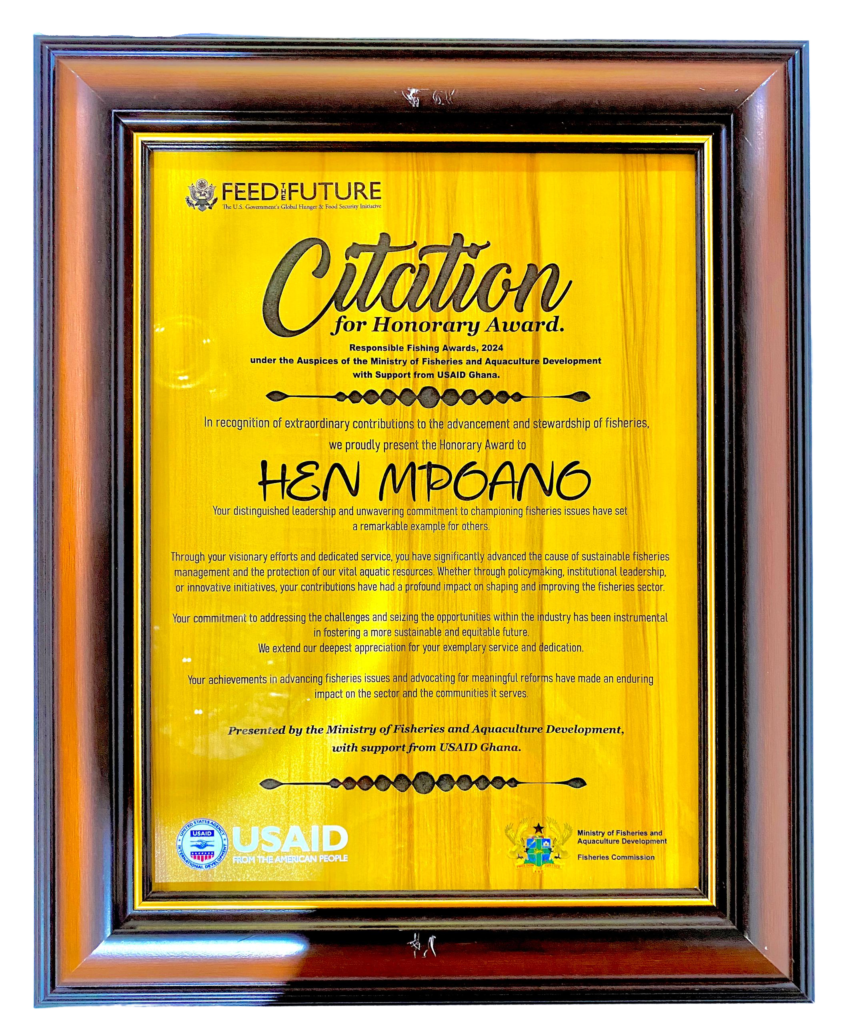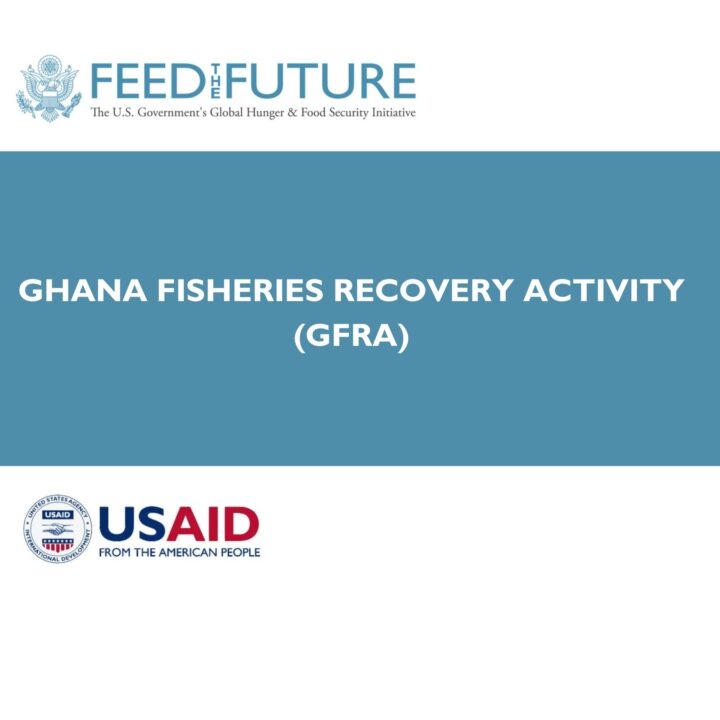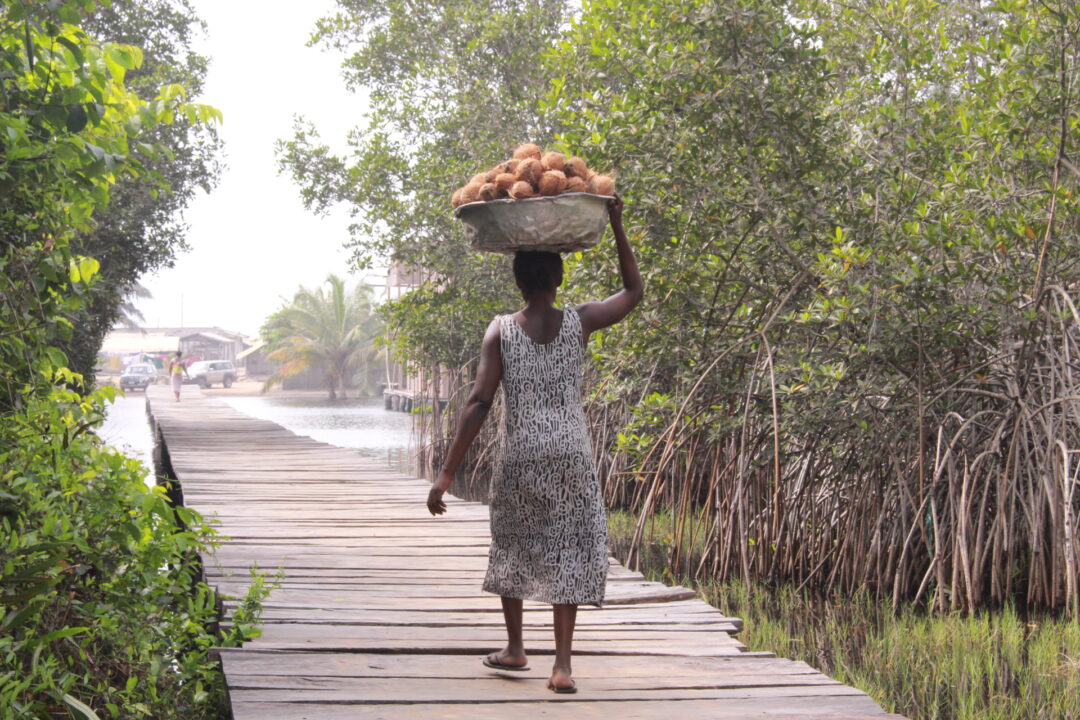Fisheries provide cheap animal protein, contributes 15% and 3.5% to agricultural and total gross domestic product (GDP) respectively, and creates jobs for 2.7 million people as fishermen, fishmongers, fish processors and traders. The roles of women and men in Ghana’s fishing industry is defined by traditional gendered roles – men undertake fishing expeditions while women comprise the large share of people responsible for fish processing and marketing. In addition, women are engaged in fishery-related activities close to the household and focus on small catches of highly nutritious fish for immediate household consumption. In spite of these predefined roles, some women own vessels and canoes and are financiers of fishing expeditions.
Although existing national legislation protect their rights, lack of knowledge about these laws inhibits women’s ability to defend their rights and demand protection from duty bearers. The foregoing factors have predisposed and led many women in fisheries into violence abuse and discrimination.





